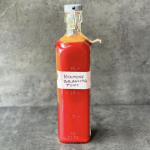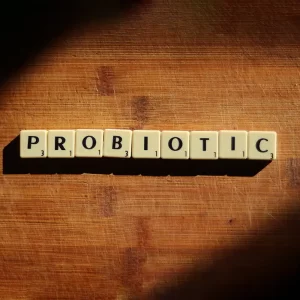Can Coffee Cause Bloating? The Truth About Coffee, Bloating and Your Gut Health
Do you love starting your day with a cup of coffee, but hate the bloating that comes with it? You’re not alone. Many people experience bloating after drinking coffee, and it can be uncomfortable and frustrating. In this article, we’ll explore whether coffee really can cause bloating, and what you can do about it.

Overview of Bloating and Gut Health
Bloating is a common symptom of an unhealthy gut. It occurs when your digestive system has difficulty breaking down food, leading to excess gas and discomfort. The health of your gut plays a crucial role in your overall well being, affecting everything from your immune system to your mental health. That’s why it’s important to take care of your gut and address any issues, like bloating, as soon as possible. Bloating is really a sign or indicator of an unhappy gut.

Can Coffee Cause Bloating?
Now, let’s talk about coffee. You may have noticed that sometimes after drinking your favourite cup of joe, you feel bloated and gassy. So, can coffee really cause bloating? The short answer is yes, it can.
Coffee is a natural laxative that stimulates the muscles in your digestive system, which can lead to an increase in bowel movements. This can cause the production of gas, leading to bloating and discomfort. Additionally, coffee contains caffeine, which can also cause bloating by increasing the production of stomach acid and slowing down digestion.
But, it’s important to note that not everyone experiences bloating after drinking coffee. It can vary depending on your body’s sensitivity to caffeine and other compounds found in coffee. If you do experience bloating after drinking coffee, you may want to consider cutting back or switching to a lower-caffeine option.
So, does cutting out coffee help with bloating? It can, but it’s not necessarily the only solution. It’s important to consider other factors that can contribute to bloating, such as diet, stress, and gut health.
In fact, this is where our Gut Health Revolution course can come in handy. By learning about the connection between gut health and bloating, you can make informed decisions about your diet and lifestyle to alleviate bloating and improve your overall well-being.
And if you do decide to continue drinking coffee, there are ways to minimise the bloating effects. Opting for a low-acid coffee or adding a splash of oat milk can help reduce the amount of acid and stimulate digestion.
So, yes, coffee can cause bloating, but it’s not necessarily a reason to give up your morning cup of joe. By being mindful of your body’s response to coffee and making informed choices, you can enjoy your coffee without the discomfort of bloating.
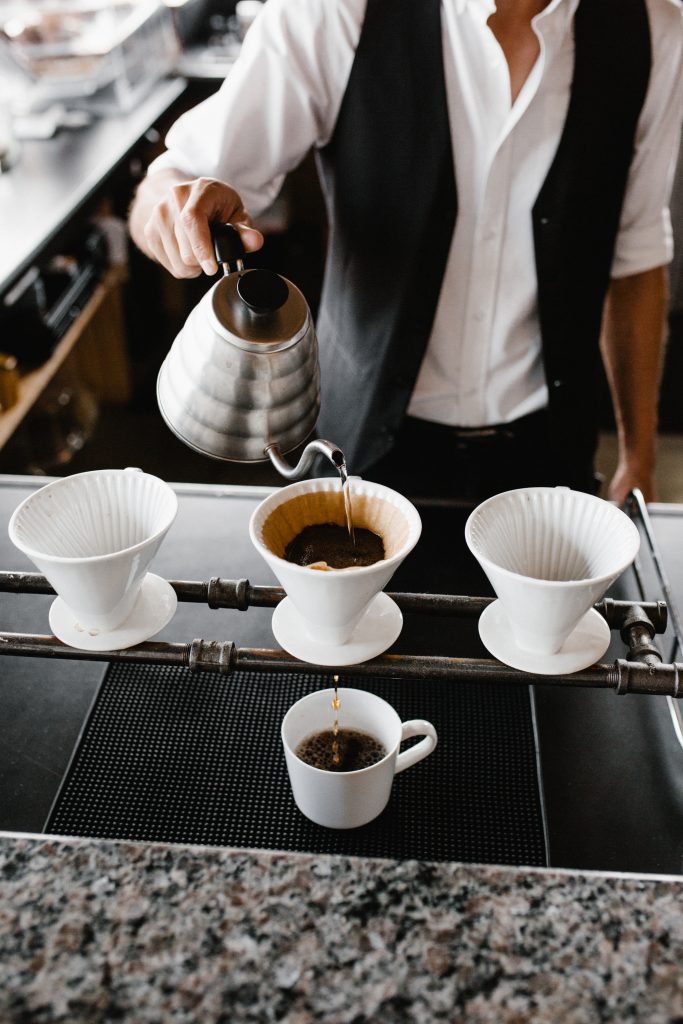
Does Coffee Make You Gassy and Bloated?
There’s no denying that coffee is a staple for many people. Whether it’s part of your morning routine or an afternoon pick-me-up, a steaming cup of coffee can be a real comfort. However, for some people, coffee may cause an unpleasant side effect: bloating and gas. So, does coffee make you gassy and bloated?
The answer is not a simple one. While coffee itself doesn’t contain gas-causing compounds, it does stimulate the production of stomach acid. This increase in acid production can lead to digestive discomfort, including bloating and gas. Additionally, coffee can be a diuretic, which means it can cause dehydration and constipation, both of which can contribute to bloating.
It’s also important to consider what you’re putting in your coffee. Adding milk or cream to your coffee can make it more difficult to digest, particularly if you’re lactose intolerant. Artificial sweeteners or high amounts of sugar can also cause digestive issues, including bloating. The same goes for adding additional syrups.
If you’re experiencing bloating and gas after drinking coffee, it’s worth examining your overall diet and lifestyle. Are you eating a diet that includes lots of fruit, veg, wholefoods and legumes that naturally contain plenty of fibre? Are you drinking enough water throughout the day? Are you getting enough exercise? How is your sleep? These factors can all impact your digestive health and contribute to bloating.
If you’re still experiencing discomfort, it may be worth cutting back on your coffee intake or trying alternative sources of caffeine, such as tea or cocoa. You may also want to experiment with different brewing methods or types of coffee to see if that makes a difference. A batch brewed coffee or V60 can often be a gentler type of coffee when compared to an espresso based coffee.
Ultimately, the link between coffee and bloating is not straightforward, and what works for one person may not work for another. However, by paying attention to your body and making some small adjustments to your diet and lifestyle, you may be able to find relief from bloating and gas.
And don’t forget, our Gut Health Revolution course can provide valuable insights and strategies for improving your digestive health, including reducing bloating and gas. So, if you’re struggling with digestive issues, consider giving our course a try, it really does get fantastic results in a matter of days.
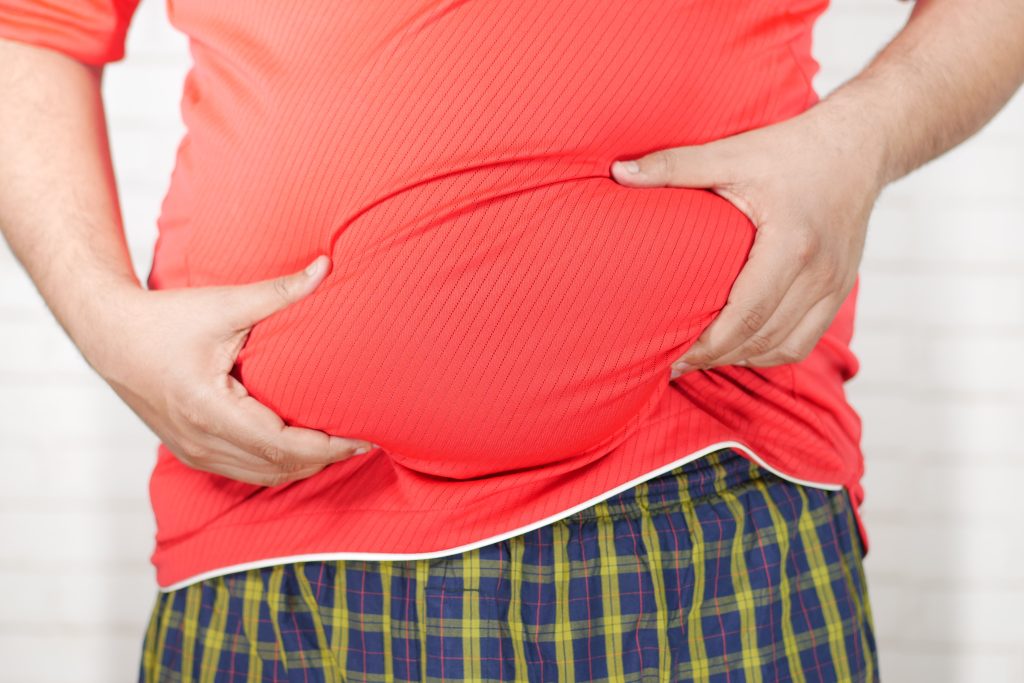
Does Cutting Out Coffee Help with Bloating?
If you are experiencing bloating after drinking coffee, you may wonder if cutting it out of your diet will help. The answer is not a simple yes or no, as the effects of coffee on the digestive system vary from person to person.
Coffee is a diuretic and a stimulant that increases the production of stomach acid, which can lead to digestive issues such as bloating, gas, and heartburn. However, some people may be able to tolerate coffee without experiencing any negative effects.
If you are one of those people who experiences bloating after drinking coffee, cutting it out of your diet may help alleviate your symptoms. However, it’s important to note that other factors can contribute to bloating, such as eating too quickly, eating gas-producing foods, and being sedentary. So, cutting out coffee alone may not be enough to relieve your bloating.
It’s also worth mentioning that if you are used to consuming high amounts of caffeine on a daily basis, cutting out coffee abruptly can lead to withdrawal symptoms such as headaches, irritability, and fatigue. It may be better to gradually decrease your coffee intake to avoid these symptoms.
Instead of cutting out coffee completely, you can try reducing your intake or switching to decaf to see if it helps with your bloating. Alternatively, you can try adding some gut-friendly foods and drinks to your diet to promote healthy digestion and reduce bloating.
Some gut-friendly foods include fermented foods such as kefir, kimchi, and sauerkraut, which are rich in probiotics that can help regulate digestion. Fibre-rich foods like fruits, vegetables, whole grains and beans/legumes are naturally high in prebiotic fibre and can also promote healthy digestion and reduce bloating.
Additionally, drinking herbal teas like ginger or peppermint tea can soothe the digestive tract and reduce bloating. And, of course, taking our Gut Health Revolution course can help you understand the causes of bloating and provide you with the tools and resources you need to improve your gut health and reduce your symptoms.
In summary, cutting out coffee may help alleviate bloating for some people, but it’s not a guaranteed solution. Other factors such as diet, exercise, and stress management also play a role in digestive health. Experimenting with reducing your coffee intake, adding gut-friendly foods, and taking our Gut Health Revolution course can all be effective strategies to alleviate bloating and improve overall gut health.

Can Black Coffee Cause Bloating?
Black coffee is simply coffee without any added milk, cream, or sugar. While black coffee is generally considered to be a low-calorie and healthy beverage, some people may experience bloating and digestive discomfort after consuming it.
The main reason black coffee can cause bloating is due to its high acidity. When coffee is consumed, the acid in the coffee can irritate the lining of the stomach and small intestine, which can cause gas, bloating, and abdominal discomfort. Additionally, caffeine can also stimulate the production of stomach acid, which can further aggravate digestive symptoms.
It’s also worth noting that some people may be more sensitive to the effects of coffee than others. For example, people with certain digestive conditions, such as irritable bowel syndrome (IBS), may be more prone to experiencing bloating and other digestive symptoms after consuming coffee. Here is an article we wrote on how to improve gut health which covers IBS.
That being said, it’s important to remember that not everyone will experience bloating after drinking black coffee. It ultimately comes down to your unique digestive system and tolerance for coffee.
If you are someone who experiences bloating after drinking black coffee, there are a few things you can try to reduce the likelihood of digestive discomfort. One option is to switch to a lower-acid coffee blend, such as one that is specifically marketed as “low-acid” or “stomach-friendly”. Another option is to simply reduce the amount of coffee you consume or avoid drinking it altogether.
Finally, if you are experiencing chronic bloating or other digestive symptoms, it may be worth considering enrolling in our 4 week Gut Health Revolution course. We created it with a consultant gastroenterologist, a dietician, a mindfulness expert and ourselves best chefs. The course gets fantastic results and has helped more than 20,000 people improve their gut health.
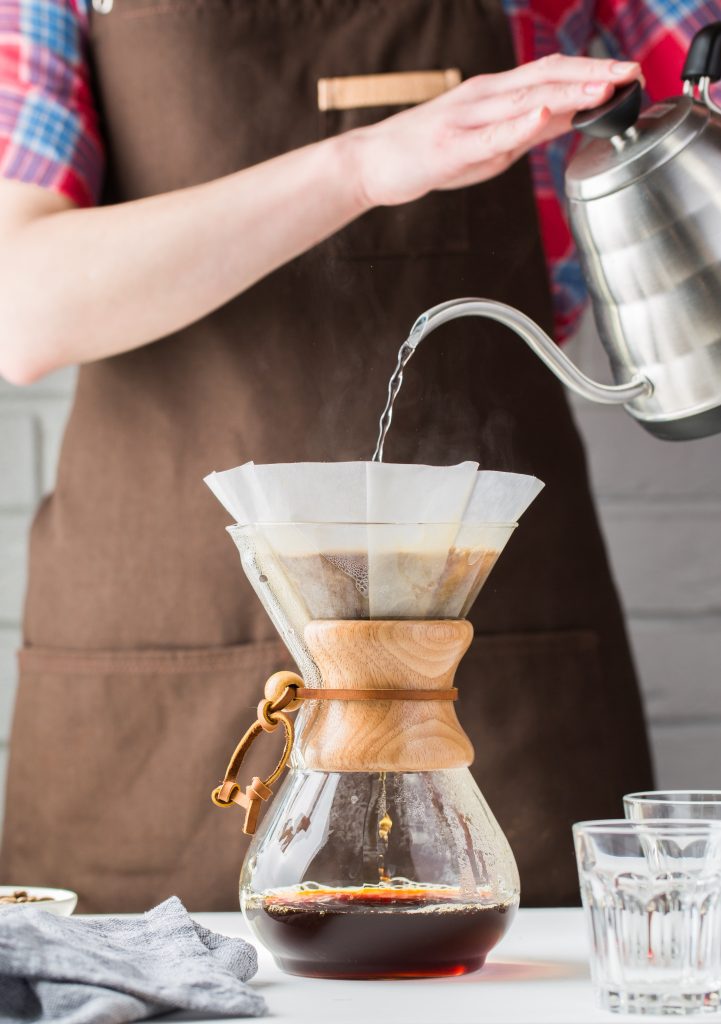
Does Coffee Bloat or Debloat?
While coffee is known to cause bloating in some individuals, it is also believed to have a de-bloating effect on the gut. This is due to the caffeine content in coffee, which has been shown to stimulate the digestive system and promote bowel movements.
However, it’s important to note that this effect may not be the same for everyone. Some people may find that coffee worsens their bloating and digestive symptoms, while others may experience relief.
In general, the de-bloating effect of coffee is more likely to be observed in individuals who have a regular coffee habit and are not consuming excessive amounts. Drinking too much coffee can actually have the opposite effect and lead to increased bloating and discomfort.
As I mentioned further up this article, the way you consume your coffee can impact its de-bloating effect. For example, adding sugar, milk, or cream to your coffee may negate the potential benefits and even exacerbate bloating.
So, does coffee bloat or debloat? The answer is, it depends. While it may have a de-bloating effect on some individuals, it can also worsen bloating in others. It’s important to listen to your body and pay attention to how you feel after consuming coffee.
If you’re experiencing persistent bloating or digestive discomfort, it may be worth considering reducing your coffee intake or cutting it out altogether to see if it makes a difference.

What Relieves Bloating Fast?
There are several things you can do to relieve bloating fast:
- Drink water: Staying hydrated can help flush out excess gas and relieve bloating.
- Move your body: Gentle exercise like walking or yoga can help stimulate your digestive system and ease bloating.
- Try ginger: Ginger has anti-inflammatory properties that can help relieve bloating and other digestive issues. Ginger tea is an easy way to take it.
- Eat probiotic foods: Fermented foods such as kim chi and sauerkraut are natural protiobcs. They are widely available and easy to eat alongside any of your meals. Probiotic foods can help balance the bacteria in your gut and alleviate bloating and other digestive issues. Here is a link to a simple sauerkraut fermentation recipe that is easy to make and full of natural probiotics.
How Gut Health Revolution Course Can Help
Our Gut Health Revolution course is designed to help you achieve a healthy, happy gut. You will literally learn to eat delicious foods that will heal and super charge your gut health and therefore every aspect of your health. Through our expert guidance and comprehensive resources, you’ll learn how to address bloating and other gut issues, and create sustainable habits for better gut health. With our personalised approach, you’ll receive the support and guidance you need to achieve your health goals.
Conclusion
Bloating is a common symptom of an unhealthy gut, and coffee can exacerbate it for some people. While cutting out coffee can help with bloating, it’s not the only solution
